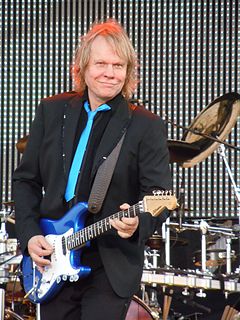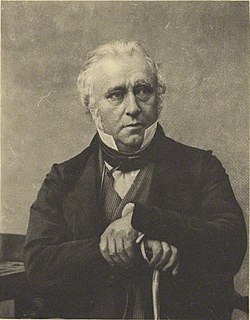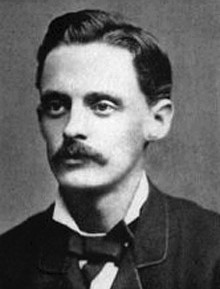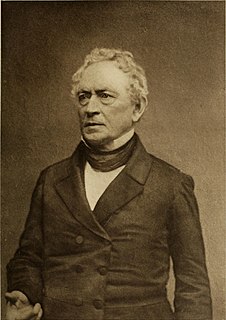A Quote by Arthur C. Clarke
The crossing of space ... may do much to turn men's minds outwards and away from their present tribal squabbles. In this sense, the rocket, far from being one of the destroyers of civilisation, may provide the safety-value that is needed to preserve it.
Related Quotes
... whatever men do or know or experience can make sense only to the extent that it can be spoken about. There may be truths beyond speech, and they may be of great relevance to man in the singular, that is, to man in so far as he is not a political being, whatever else he may be. Men in the plural, that is, men in so far as they live and move and act in this world, can experience meaningfulness only because they can talk with and make sense to each other and to themselves.
Originality is another criterion of aesthetic value. We may formulate an originality principle, according to which highly valuable works of art provide hitherto unavailable insights.... Notice that, although originality is a necessary condition of high aesthetic value, it is far from a sufficient condition. Many original works have little or no aesthetic value. An artwork may present a novel but uninteresting perspective, or one that is original but wrong.
In order that people may be happy in their work, these three things are needed: They must be fit for it: they must not do too much of it: and they must have a sense of success in it - not a doubtful sense, such as needs some testimony of others for its confirmation, but a sure sense, or rather knowledge, that so much work has been done well, and fruitfully done, whatever the world may say or think about it.
The so-called ‘crank’ may be quite original in his ideas. … Invention, however, in the engineering sense involves originality; but not that alone, if the results are to be of value. There is imagination more or less fertile, but with it a knowledge of what has been done before, carried perhaps by the memory, together with a sense of the present or prospective needs in art or industry. Necessity is not always the mother of invention. It may be prevision.
No treaty, however much it may be to the advantage of all, however tightly it may be worded, can provide absolute security against the risks of deception and evasion. But it can, if it is sufficiently effective in its enforcement and if it is sufficiently in the interests of its signers, offer far more security and far fewer risks than an unabated, uncontrolled, unpredictable arms race.
No civilisation can grow unless fanatics, bloodshed, and brutality stop. No civilisation can begin to lift up its head until we look charitably upon one another; and the first step towards that much-needed charity is to look charitably and kindly upon the religious convictions of others. Nay more, to understand that not only should we be charitable, but positively helpful to each other, however different our religious ideas and convictions may be.
We are the dead. Our only true life is in the future. We shall take part in it as handfuls of dust and splinters of bone. But how far away that future may be, there is no knowing. It might be a thousand years. At present nothing is possible except to extend the area of sanity little by little. We cannot act collectively. We can only spread our knowledge outwards from individual to individual, generation after generation. In the face of the Thought Police there is no other way.
Death is but crossing the world, as friends do the seas; they live in one another still. For they must needs be present, that love and live in that which is omnipresent. In this divine glass, they see face to face; and their converse is free as well as pure. This is the comfort of friends, that though they may be said to die, yet their friendship and society are, in the best sense, ever present, because immortal.
[I]t being reasonable and just, I should have a right to destroy that which threatens me with destruction: for by the fundamental law of nature, man being to be preserved as much as possible, when all cannot be preserved, the safety of the innocent is to be preferred: and one may destroy a man who makes war upon him, or has discovered an enmity to his being, for the same reason that he may kill a Wolf or a lion.





































